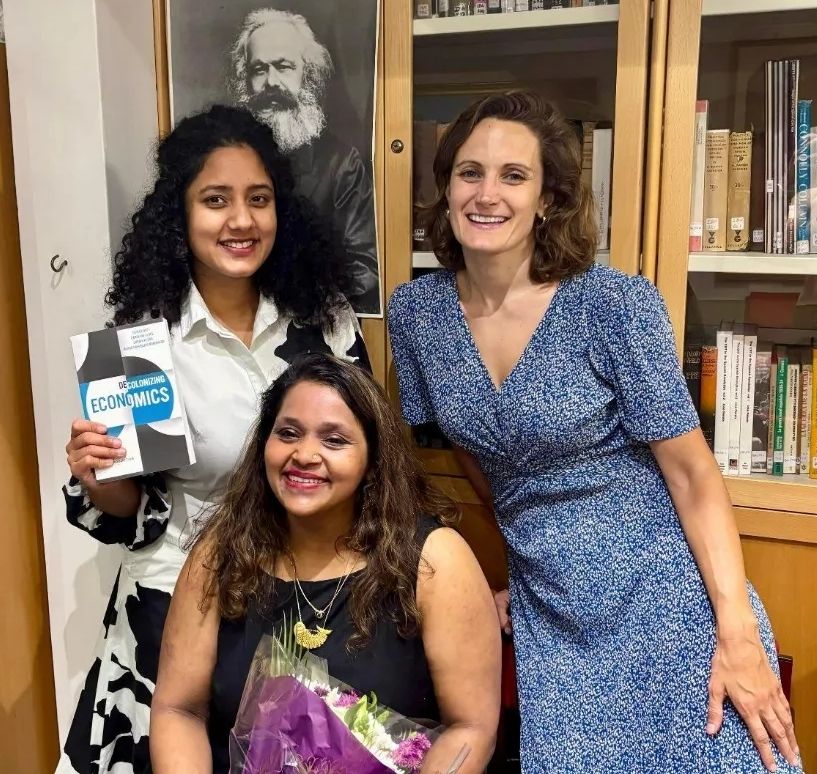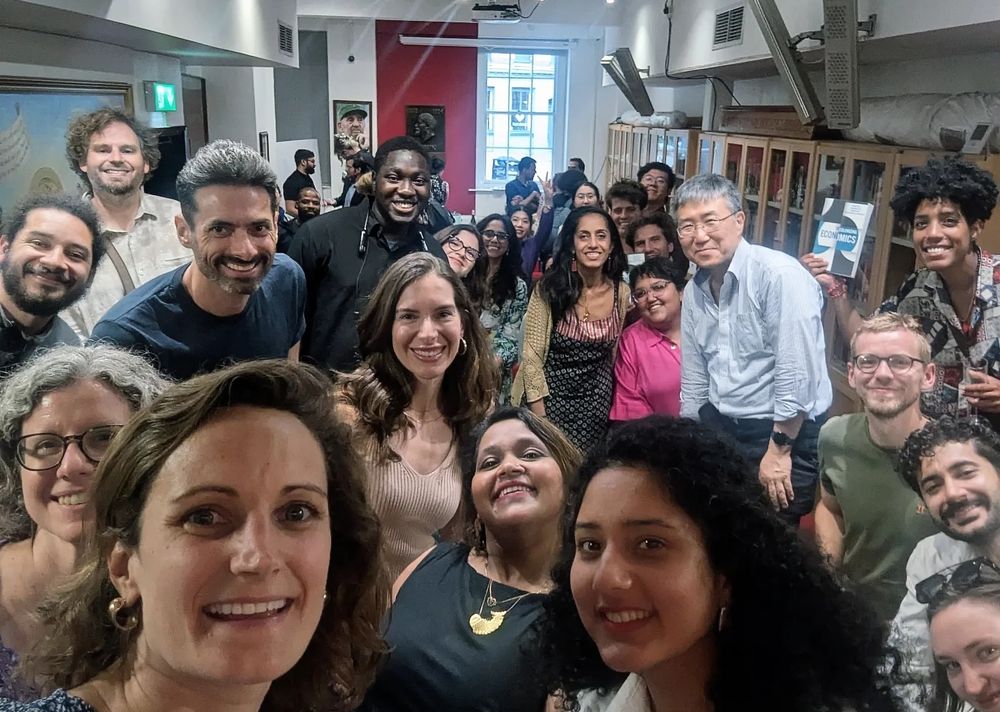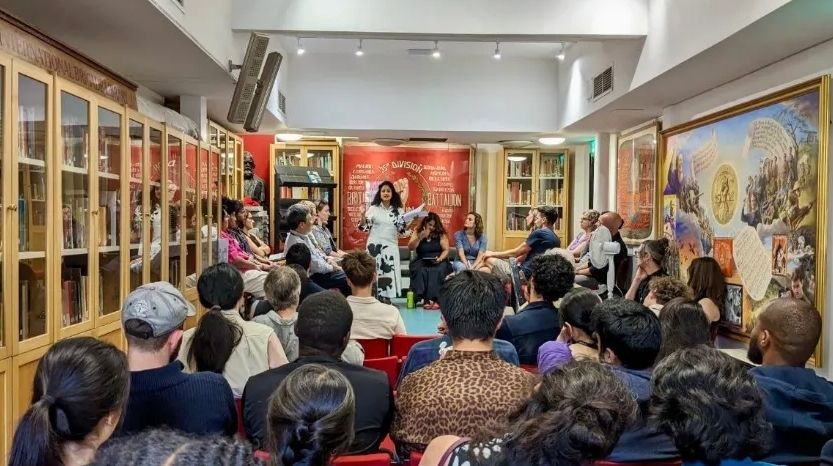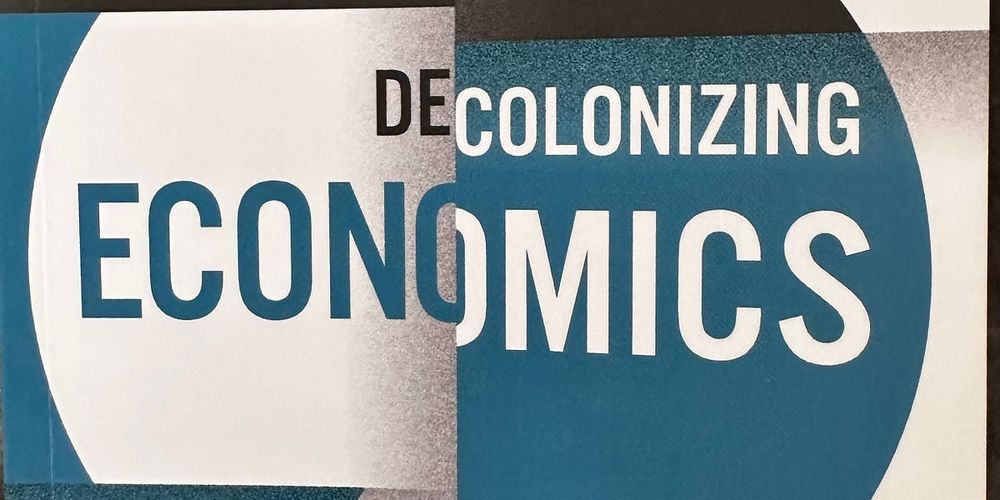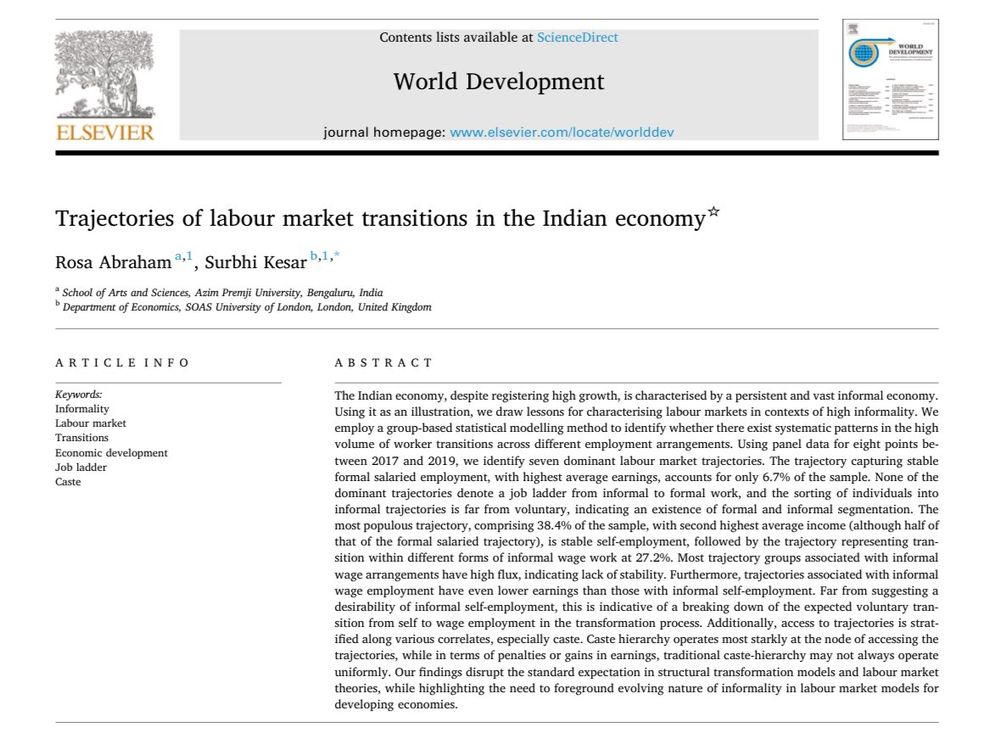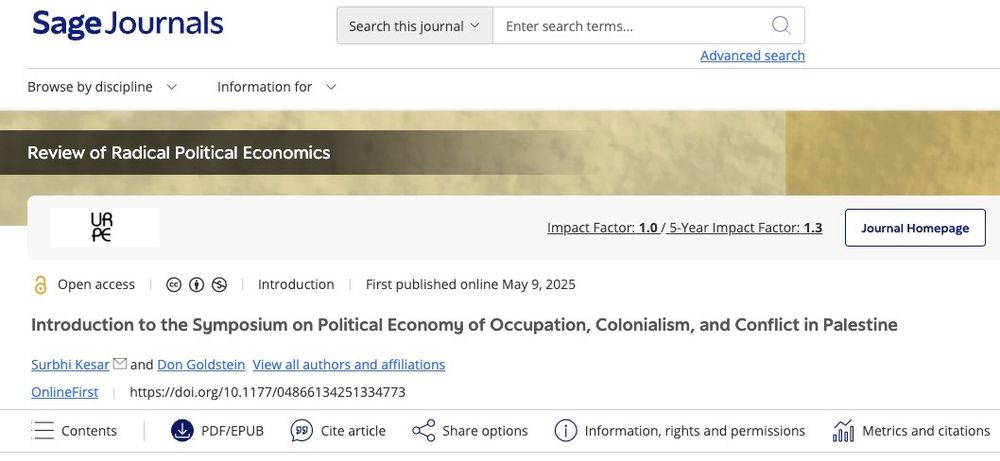Surbhi Kesar
@surbhikesar.bsky.social
1.2K followers
340 following
72 posts
Economic development & political economy.
Senior lecturer - Economics, SOAS U of London.
Researches informality, structural transformation, post-colonial capitalist development, decolonizing econ.
https://sites.google.com/view/surbhikesar/bio
Posts
Media
Videos
Starter Packs
Reposted by Surbhi Kesar
Reposted by Surbhi Kesar
Reposted by Surbhi Kesar
Surbhi Kesar
@surbhikesar.bsky.social
· Aug 14
Surbhi Kesar
@surbhikesar.bsky.social
· Jul 20
Reposted by Surbhi Kesar
Surbhi Kesar
@surbhikesar.bsky.social
· Jul 11
Reposted by Surbhi Kesar
Reposted by Surbhi Kesar
Reposted by Surbhi Kesar
Surbhi Kesar
@surbhikesar.bsky.social
· Jun 28
Surbhi Kesar
@surbhikesar.bsky.social
· Jun 28
Surbhi Kesar
@surbhikesar.bsky.social
· Jun 28
Surbhi Kesar
@surbhikesar.bsky.social
· Jun 28
Surbhi Kesar
@surbhikesar.bsky.social
· Jun 28
Reposted by Surbhi Kesar
Eman Abdelhadi
@emanabdelhadi.bsky.social
· Jun 13
Reposted by Surbhi Kesar
Reposted by Surbhi Kesar
Reposted by Surbhi Kesar
Surbhi Kesar
@surbhikesar.bsky.social
· Jun 9





